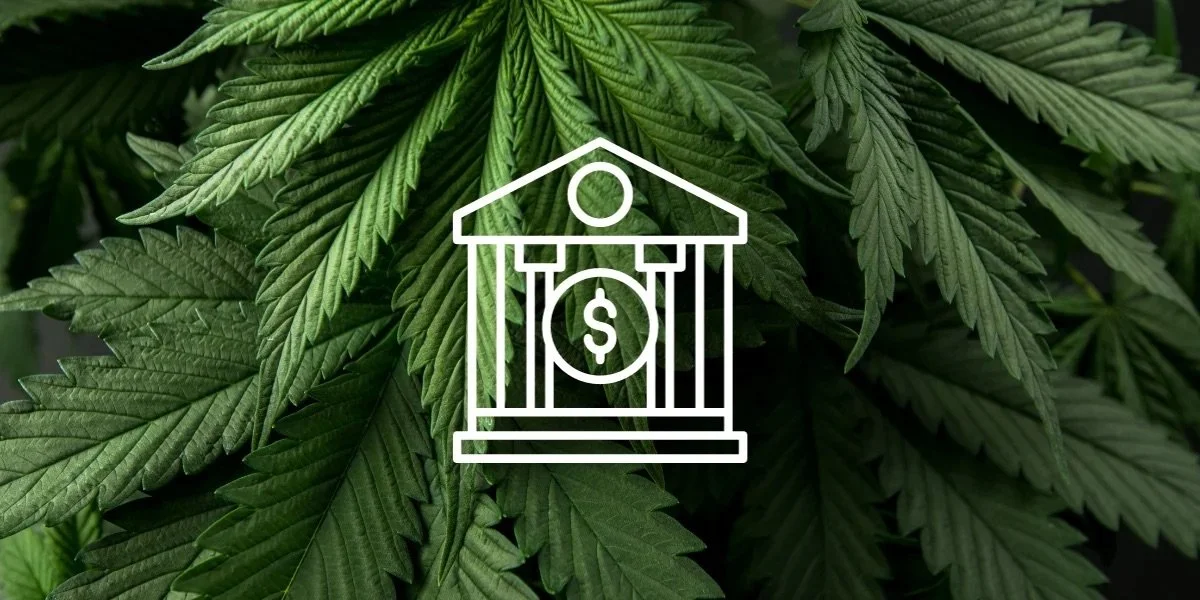The SAFER Banking Act: A New Era in Cannabis Banking
For the cannabis industry in the United States, one of the most significant hurdles has been the complex interplay between federal regulations and the burgeoning state-legalized cannabis markets.
The federal classification of cannabis as a Schedule I controlled substance has historically hindered these businesses from accessing essential banking services, posing both operational challenges and security risks.
The introduction of the SAFER Banking Act marks a pivotal shift in this dynamic, proposing a solution that could reshape the financial framework of the cannabis industry.
Understanding the SAFER Banking Act
The Secure and Fair Enforcement (SAFE) Banking Act - commonly known as the SAFER Banking Act - is legislation designed to address the financial conundrum faced by cannabis businesses.
Introduced in 2019, this bill seeks to establish a legal safe harbor for financial institutions, enabling them to service state-compliant cannabis businesses without fear of federal retribution. This move not only reflects a growing acknowledgment of the industry's financial needs but also signifies an important step towards a more secure and transparent financial ecosystem for cannabis-related enterprises.
The act aims to shield federal banking regulators from imposing penalties on banks and credit unions that provide services to legitimate cannabis-related businesses. Furthermore, it extends these protections to ancillary businesses, like packaging and equipment suppliers, that support the cannabis industry.
Who Benefits From the SAFER Banking Act?
The ramifications of the SAFER Banking Act are extensive, impacting various stakeholders:
Cannabis Businesses: State-legal cannabis operators, including dispensaries, cultivators, and manufacturers, have long struggled with banking restrictions. The act would enable these businesses to access fundamental banking services, such as account opening, loans, and electronic payments, aligning them with standard business practices and mitigating security concerns.
Financial Institutions: Banks and credit unions currently face a dilemma due to the discord between state and federal laws. This act promises to clarify this uncertainty, encouraging financial institutions to confidently serve the cannabis sector.
Cannabis Ancillary Businesses: Suppliers and service providers to the cannabis industry also stand to benefit indirectly. A more stable financial environment for cannabis businesses can stimulate growth and investment in these ancillary sectors.
Why the SAFER Banking Act Matters
The importance of the SAFER Banking Act cannot be overstated:
It fosters transparency and accountability, deterring illegal activities and ensuring safe cannabis production and distribution.
By facilitating banking access, the SAFER Banking Act can spur growth, job creation, and local economic contributions.
It addresses the legal dissonance between federal and state jurisdictions, reducing operational uncertainties for cannabis businesses.
Access to financial services paves the way for investments, enabling businesses to expand and innovate, particularly in extraction and processing technologies.
A Turning Point for the Cannabis Industry
The SAFER Banking Act is a critical milestone in addressing the financial challenges of the US cannabis industry. It offers a pathway for legal and safe financial interactions, enhancing safety, transparency, and opportunity in the sector.
This development holds promising implications for various facets of the cannabis industry, including improved cannabis and hemp extraction methods and post-processing techniques.
As the landscape continues to shift, the SAFER Banking Act is instrumental in promoting compliance, growth, and innovation within the cannabis industry. At Boulder Creek Technologies, we are eager to collaborate with companies navigating these changes and are committed to supporting the development of their cannabis processing ventures.
For inquiries or further discussion on how we can assist, please reach out to our team of cannabis and hemp experts today.

